Large numbers of Gen Z and millennial TikTok users are frequently mining the platform for career advice, according to the results of an October survey of 1,000 full-time U.S. workers from ages 21 to 40 released Tuesday by ResumeBuilder.com.
The findings underscore social media’s role in influencing professional decisions, especially among younger generations.
More than three-quarters of the Gen Z users in the sample (77%), as well as 59% of young millennials (27-33 year-olds) and 54% of older millennials (34-40 years old) were TikTok buffs. Of those users, 32% of Gen Z, 23% of younger millennials, and 25% of older millennials said they frequently get career advice from TikTok.
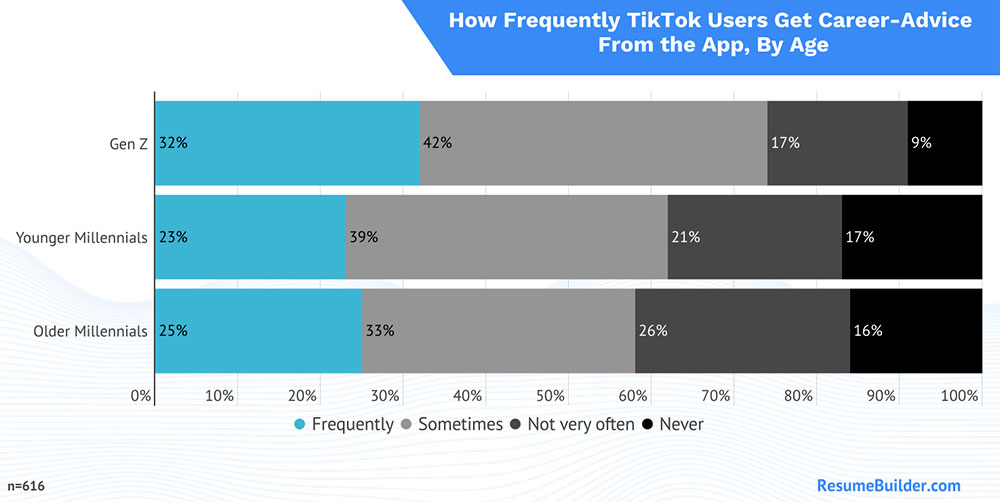
More than a third of the TikTok users who said they obtained career information from the platform said they made career-related decisions based on the info. That number was higher among Gen Z users (41%).
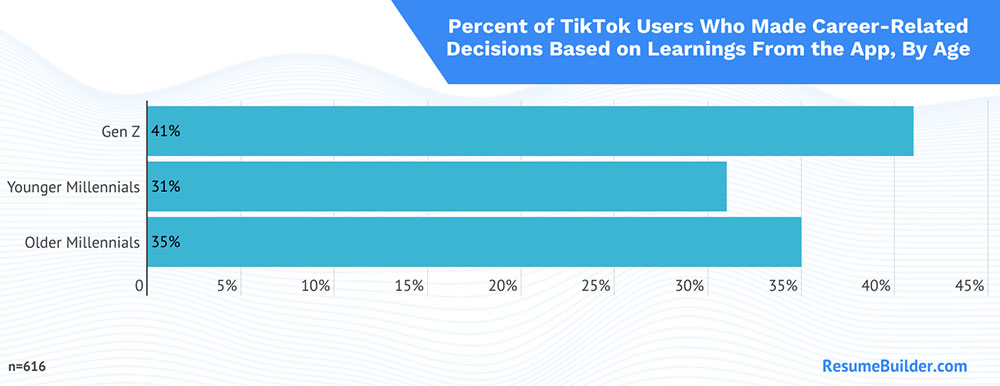
Overall, the survey noted that nearly nine out of 10 users (88%) who used TikTok to make career decisions said it positively impacted their lives.
“TikTok is a popular social media platform, especially with Gen Zers — many of whom grew up looking to social media for everything from personal connection to news insights,” observed Paige Breedlove, an employment trends expert and branch director in Nashville, Tenn., for Robert Half, a global recruitment firm.
“With the rise of influencer culture, Gen Zers may feel like career advice they find on TikTok is both credible and valuable,” she told TechNewsWorld.
Seeking Creator Advice
The fact that Gen Zers are going to TikTok for career advice is no surprise, added Joe Karasin, a social media marketing specialist with Karasin PPC in Lapeer, Mich.
“TikTok has essentially become a search engine for younger users that have found Google and other search engines to be less than optimal or biased against younger generations,” he told TechNewsWorld.
“Social media has changed the way we seek advice on every topic, careers included,” he continued. “Social media often presents alternative solutions to problems that may or may not be available elsewhere.”
The survey also found that two-thirds of its respondents who got career-related advice from creators on TikTok were very trusting (18%) or somewhat trusting (49%) of the advice. It added that Gen Z users were more likely to trust the information they received than millennials.
Trust varies between generations due to different formative experiences, observed Lina DaSilva, founder of Toronto Shine Cleaning, a residential cleaning services company in Toronto, Ontario, Canada. She consulted one of the older forms of social media — YouTube — when she decided to start her cleaning business.
“Millennials, who saw the birth and evolution of social media, may be more skeptical because they’ve witnessed its pitfalls,” she told TechNewsWorld. “Gen Zers, on the other hand, find comfort in the collective wisdom of their peers.”
“Gen Zers are digital natives,” she added. “They’ve grown up trusting digital platforms. The visual and immediate nature of TikTok can make advice seem more relatable and actionable. But it’s crucial to remember that not all that glitters is gold. For every piece of golden advice, there’s misinformation.”
“Years ago, I turned to YouTube to learn cleaning hacks, which eventually sparked the idea for my business,” she recalled. “I understand the allure of quick, snappy advice. But here’s the kicker: social media is a double-edged sword.”
Beware of False Coaches
Although most consumers said they trust the information they received from creators on TikTok, a majority said they do encounter misleading career-related information. Twenty-five percent said they encounter misleading information frequently, and 53% said they sometimes do.
“Most creators are sharing their personal career experience and calling it career coaching, which isn’t coaching,” ResumeBuilder’s Resume and Career Strategist Julia Toothacre said in the survey.
“There can be great advice on TikTok if you understand who is providing the information,” she noted. “I would advise people to research the background of creators. Although some are really good at marketing or repackaging advice they saw from experienced professionals, it doesn’t mean they have the background or experience to give you advice.”
Social media provides an excellent channel to get authentic insights from people who might be outside an individual’s immediate circle, added Amrit Ahluwalia, senior director of content and insights at Modern Campus, a higher education management software company with offices in Camarillo, Calif., and Toronto, Ontario, Canada.
“These channels can provide unfiltered perspectives on career growth from recruiters, senior executives, and other influential individuals whom the average entry-level employee or college student may not have an opportunity to speak with candidly,” he told TechNewsWorld.
“This is a huge positive,” he continued, “but as with all advice, it’s worth taking it with a grain of salt. Social media users should always be thinking about why someone is sharing the information they are and how it benefits them for an audience to follow their advice.”
“They may be looking to build a customer base, challenge a growing norm, or stand out as a high-value employer,” he warned. “On the flip side, they may simply be looking to provide advice and support to the next generation.”
Pitfalls of Generalization
Breedlove added that social media can be a great tool for sourcing actionable career advice. She pointed to LinkedIn as a great place to learn about the latest employment trends and etiquette.
“Many employment professionals in fields like staffing and human resources have a strong presence on social media, using popular platforms to share helpful information and generate business,” she said. “With this public knowledge-sharing, there’s a lot of good career advice out there.”
While surveys that make generalizations about generational tendencies can be provoking, they also need to be viewed critically, cautioned Karen Kovacs North, director of the Annenberg Program on Online Communities at the University of Southern California.
“To generalize this data to characterize a generation is a bit overblown because not all people of that generation use TikTok. It’s an overreach of the data,” she told TechNewsWorld.
In a survey like ResumeBuilder’s, she also noted, “There’s always the risk of self-selection because people decide to participate in the study because TikTok is an important and meaningful part of their lives.”
“TikTok is astonishingly impactful to people,” she added. “It has a huge impact on people’s lives. It’s enormously influential. We see that across the board, whether it’s people’s opinions about world events, body image or lifestyles, including their jobs.”
“There’s no doubt about it. It’s shockingly viral and shockingly persuasive,” Kovacs North continued. “But when you start saying that this how a huge percent of a generation makes decisions, you have to remember that you’re only talking about active users of TikTok.”












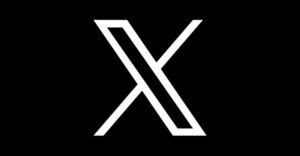











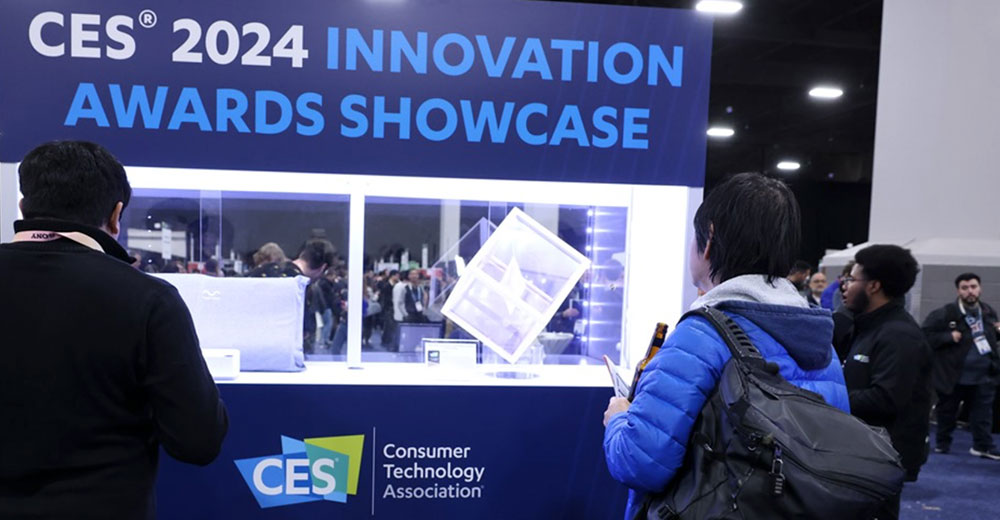

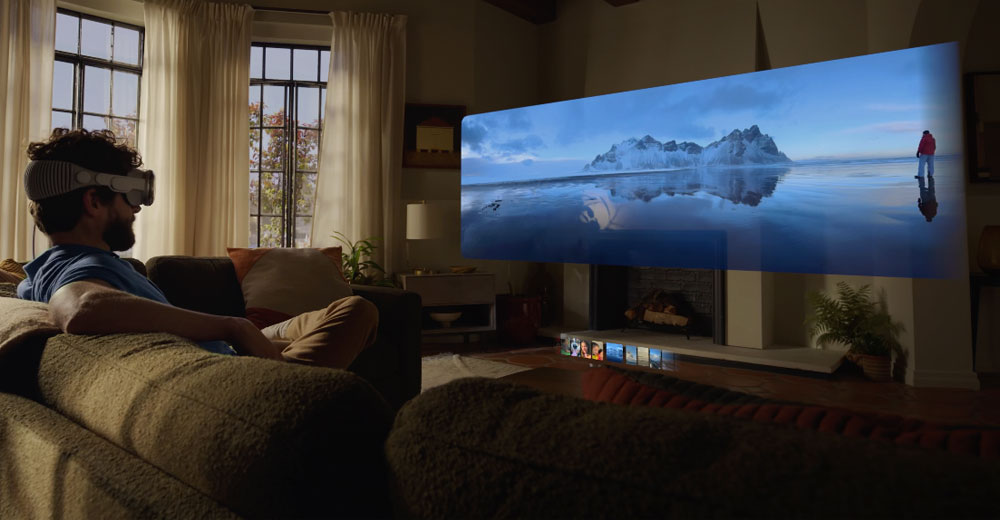













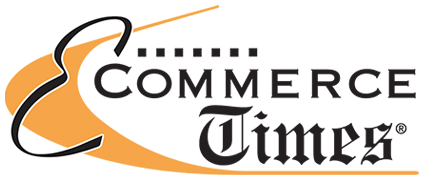














Social Media
See all Social Media